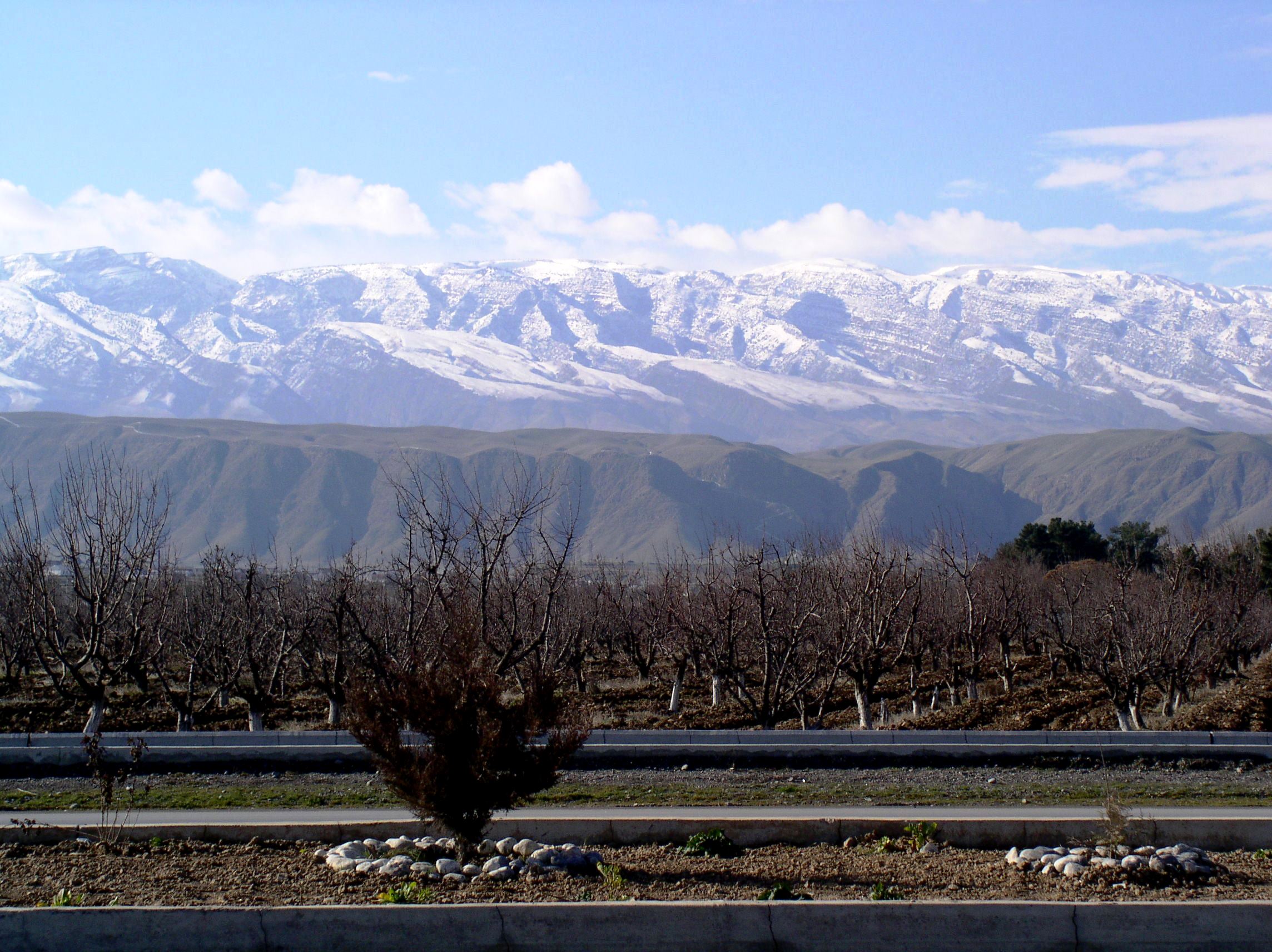Americas: Tensions to persist despite Guatemala’s Congress move to shelve 2021 budget
Sectors: all
Key Risks: political instability; violent unrest; protests; economic risks
In Guatemala, tensions are expected to remain high after at least 10 people were injured and 36 were arrested as initially peaceful protests against 2021 budget cuts turned violent in Guatemala City on 21 November. While thousands demonstrated peacefully outside the National Palace, a small group vandalised and set fire to parts of the Congress building and some bus stations, prompting violent confrontations with the security forces. On 22 November the government invoked the Organization of American States (OAS)’s Inter-American Democratic Charter to seek assistance to establish a dialogue with ‘diverse political forces’ in response to the protests, claiming that minority groups were seeking to “force a real coup”. On 23 November Congress Speaker Allan Rodriguez announced that the controversial budget had been shelved in light of the unrest. Nevertheless, the risk of further protests persists.
Asia Pacific: Malaysia’s Melaka state government terminates controversial port project
Sectors: infrastructure; real-estate
Key Risks: business risks
Malaysia’s state government of Melaka terminated a US$10.5bln agreement with local developer KAJ Development who had partnered with Chinese companies to construct a mixed harbour development including several man-made islands in the strategic Strait of Malacca. The agreement came to an end when KAJ Development failed to complete the reclamation works after three years as contracted, although it indicated that the termination was unfair and would pursue legal action. The project has long been seen as part of China’s Belt and Road Initiative and supported by former prime minister Najib Razak despite opposition from both the federal and state government regarding the project’s practicality and economic feasibility. It was only until the ascent of then Pakatan Harapan coalition government when the project and several other Chinese-backed infrastructure mega projects were scrutinised, dropped, or renegotiated.
Eurasia: Afghanistan peace talks may see progress; potential unrest in Kyrgyzstan
Sectors: various
Key Risks: civil war; protests; political instability
A small but significant step has reportedly been taken at ongoing peace talks between Taliban and Afghan government representatives. Little progress had been made since their 12 September start, with discussions limited to deciding on the basis for concrete negotiations. However, both sides are reported to have agreed a framework, facilitated by an Afghan government concession that the February 2020 US-Taliban deal can form part of this basis. Much remains to be done, including agreeing an agenda for discussions, but the news offers some hope that talks have not lost all momentum at a time of increasing violence, mounting factionalism and the recently-announced expedited US troop withdrawal. Meanwhile, protests at Krygyz PM Sadyr Japarov’s perceived moves to consolidate power remained peaceful on 22 November. However, with further protests scheduled and with Japarov showing few signs of compromising, the situation risks escalating.
Europe: EU budget concerns mount; European countries to announce Christmas lockdown relief
Sectors: all
Key Risks: business disruption; economic
EU leaders are expected to try to end a stand-off over the bloc’s seven-year budget package after Hungary and vetoed it citing the mechanism linking its disbursement to the respect of judiciary independence. Hungarian Prime Minister Viktor Orban has expressed hope that a compromise will be found, but the EU is unlikely to back down on the mechanism’s application. Failure to adopt the budget will likely result in an emergency austerity budget, which could deepen the economic downturn across the bloc, including for Warsaw and Budapest. Meanwhile, Europe-wide governments are weighing up plans to lift lockdown restrictions for a brief period over the Christmas period. The measures will likely be highly specific in order to allow families to reunite. A wider business reopening is not expected. Lockdowns risk being reinstated in January.
MENA: Saudi – Israeli normalisation approaches; US mulls sanctions on Yemen’s Huthis
Sectors: all
Key Risks: political instability; economic and political risks; sanctions
The prospect of normalisation between Saudi Arabia and Israel looks increasingly imminent after a secret visit on 22 November by Israeli Prime Minister Benjamin Netanyahu to Saudi’s NEOM to meet Saudi Crown Prince Muhammad bin Salman and outgoing US Secretary of State Mike Pompeo. The move is the first visit by an Israeli official to the kingdom in the last push for US President Donald Trump to secure his Middle East policy moves. This follows UAE/Bahrani/Sudanese normalisation with Israel in recent months and will be a significant win before Trump leaves office on 20 January 2021. Washington is also considering designating Yemen’s Huthi rebel group a terror organisation in a final nod to Riyadh. This would severely compromise humanitarian aid in Huthi-controlled areas amid the world’s worst humanitarian crisis.
Sub-Saharan Africa: Polls close in Burkina Faso’s elections amid threats by Islamist militants
Sectors: all
Key Risks: political uncertainty; civil unrest; political instability
In Burkina Faso, presidential and parliamentary elections were held on 22 November amid fears of Islamist militant violence that prevented voting in areas where groups linked to al-Qaeda and Islamic State (IS) operate. Around 400,000 people, or 7 per cent of the electorate, were estimated to be unable to vote due to insecurity. Incumbent President Roch Kabore temporarily suspended campaigning for two days after Islamic State in the Greater Sahara (ISGS) killed 14 soldiers in the northern Oudalan province on 11 November. Several polling stations in the eastern areas shut early due to the threat of militant violence. A close contest is expected between President Kabore and his main challengers Zephirin Diabre and Eddie Komboigo. Initial results are expected in the coming days. There is a heightened risk of unrest amid fraud claims by Diabre and widespread disenfranchisement.

